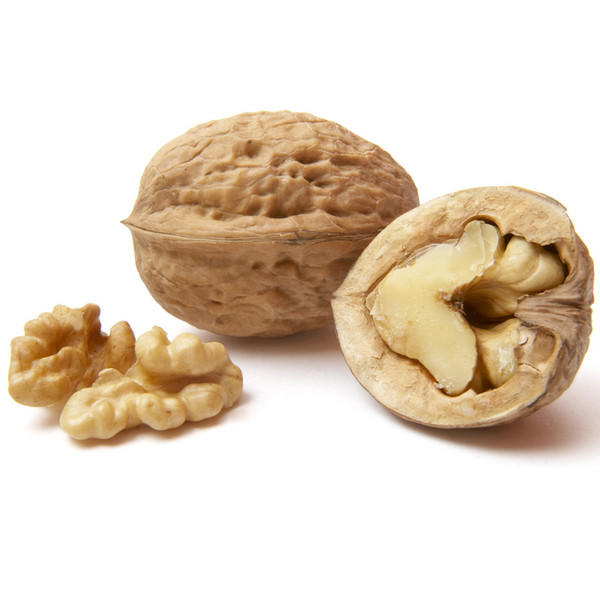Hardly anyone will argue that allvegetable oils contain many useful substances, high energy content and easy digestibility. And lately, so many outlandish types of this very oil have appeared on store shelves that it is difficult for customers to choose just one. Together with the experts, we figure out which popular ones can be distinguished, and whether they are so good. Photo: Getty Images
Photo: Getty Images
Corn oil
Many housewives who care about a balancednutrition, prefer high-quality vegetable oils. But not all of them know about the beneficial properties of corn oil. Indeed, in comparison with other varieties of vegetable oils, it gained popularity relatively recently - at the end of the 19th century. There is a lot of corn in Russia and this is one of the factors that affects the cost of corn oil. Corn oil is on average 1.5-2 times cheaper than olive oil. At the same time, both types of oils are comparable in their beneficial properties. Corn oil, as well as olive oil, consists almost entirely of healthy fats that affect the reduction of total cholesterol in the body, which makes regular use of oil an excellent prevention of cardiovascular diseases. The product is widely used in the production of baby food and as a dressing for summer salads. In terms of the variety of unsaturated fatty acids, such as omega-6, corn oil has no equal. The most valuable among them is linoleic. Without it, the body cannot produce the physiologically active substance prostaglandin E1, one of the most important means of protection against premature aging, cardiovascular diseases, cancer, arthritis, allergies, asthma, autoimmune diseases and many other diseases. It is worth noting that corn oil can have an unpleasant odor during long-term storage. Therefore, experts recommend giving preference to manufacturers in the line of which a deodorized version is presented. Corn oil is ideal for both frying and stewing, and for dressing salads. It does not foam or burn, which prevents the formation of carcinogens.
Walnut oil
 Photo:Getty Images Walnut kernels produce a fragrant oil with a recognizable nutty flavor. They are seasoned with green salads and cereals, mixed into the dough. In Georgian cuisine, this oil is certainly added to dishes from meat and poultry. In walnut oil, there is a lot of useful things: vitamins A, C, E, B, unsaturated fatty acids - linoleic and linolenic, as well as vitamin P. Of trace elements - zinc, iodine, copper, calcium. Due to the high content of antioxidants, this oil slows down aging, improves immunity, normalizes blood sugar and thyroid function. It is used to treat a wide variety of diseases - from hypertension to. The only drawback is that walnut oil quickly becomes rancid.
Photo:Getty Images Walnut kernels produce a fragrant oil with a recognizable nutty flavor. They are seasoned with green salads and cereals, mixed into the dough. In Georgian cuisine, this oil is certainly added to dishes from meat and poultry. In walnut oil, there is a lot of useful things: vitamins A, C, E, B, unsaturated fatty acids - linoleic and linolenic, as well as vitamin P. Of trace elements - zinc, iodine, copper, calcium. Due to the high content of antioxidants, this oil slows down aging, improves immunity, normalizes blood sugar and thyroid function. It is used to treat a wide variety of diseases - from hypertension to. The only drawback is that walnut oil quickly becomes rancid.









